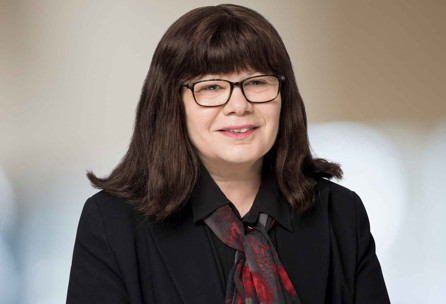This study aims to determine the antiviral and immune modulatory effects of organic acid metabolites (including lactic acid, short chain fatty acids and succinic acid) to understand their role in either helping to protect against or to promote acquisition of HIV and STIs.
Physiological concentrations of microbiota metabolites will be assessed for ability to inactivate HIV and other STIs as well as to decrease or promote the production of pro-inflammatory cytokines in cervicovaginal cell culture models.
Understanding the antimicrobial and immune modulatory effects of vaginal microbiota metabolites may lead to new strategies to optimize the vaginal microbiome and environment to prevent HIV and other STIs.
Antimicrobial and immune modulatory effects of vaginal microbiota metabolites
Women colonised with optimal cervicovaginal microbiota, typically dominated by Lactobacillus species, are protected against HIV in contrast to women with a non-optimal vaginal microbiome (i.e. those with bacterial vaginosis). Women with bacterial vaginosis experience a dramatic increase in vaginal pH and changes in the concentrations of vaginal microbiota metabolites including lactic acid, short chain fatty acids (SCFAs) and succinic acid.
Funding
Partners
- NHMRC
Partners +
Collaborators
- Dr Muriel Aldunate
- Dr Anna Hearps
- Professor Deborah Anderson
- Dr Joshua Hayward
- Professor Catriona Bradshaw
- Dr Raffi Gugasyan
- Prof Jacques Ravel
- Dr Thomas Moench
- Professor Richard Cone
Project
Team
Meet the project team. Together, we are translating research into better health, for all.
Publications
VIEW ALL RESEARCHDelgado-Diaz DJ, Tyssen D, Hayward JA, Gugasyan R, Hearps AC, Tachedjian G
- Frontiers in cellular and infection microbiology
- 10 Jan 2020

McKinnon LR, Achilles SL, Bradshaw CS, Burgener A, Crucitti T, Fredricks DN, Jaspan HB, Kaul R, Kaushic C, Klatt N, Kwon DS, Marrazzo JM, Masson L, McClelland RS, Ravel J, van de Wijgert JHHM, Vodstrcil LA, Tachedjian G
- AIDS research and human retroviruses
- 26 Feb 2020

Tachedjian G, O'Hanlon DE, Ravel J
- Microbiome
- 06 Feb 2018

Tachedjian G, Aldunate M, Bradshaw CS, Cone RA
- Research in microbiology
- 20 Apr 2017

Hearps AC, Tyssen D, Srbinovski D, Bayigga L, Diaz DJD, Aldunate M, Cone RA, Gugasyan R, Anderson DJ, Tachedjian G
- Mucosal immunology
- 12 Apr 2017







